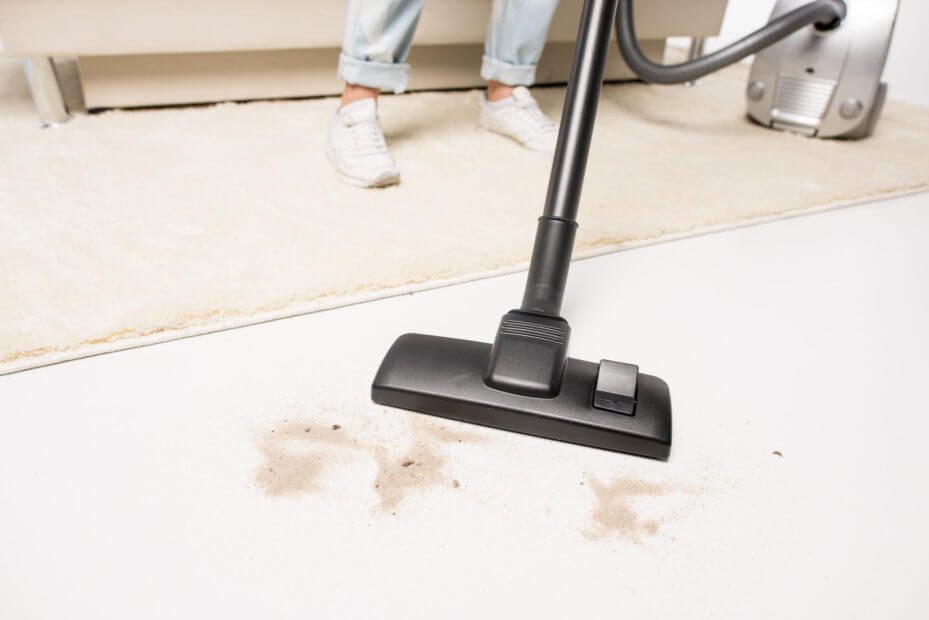Short-Term Rental News Digest – November 2022

Data revealed the past month shows that the short-term rental industry is very healthy. Even though competition between vacation rentals and hotels might be heating up, short-term rental business owners can still look forward to many opportunities for growth.
What’s more, data also indicates that it doesn’t necessarily have to be at the expense of our environment. New features are making it easier for travelers to discover the roads less traveled, and at a more optimal time.
If you’re interested in joining the short-term rental industry, now is a great time. Plus, to help new hosts, Airbnb has also launched brand new features to make the process of listing your home even easier.
Airbnb Records Best Quarter Ever
The financial results for Airbnb’s performance in Q3 2022 are in… To date, it was the platform’s most profitable quarter, generating nearly $2.9 billion in revenue. This works out to a massive increase of nearly 30% compared to the same period last year. In terms of nights booked, almost 100 million nights and experiences were booked, of which most was in the Asia-Pacific region.
Much of this impressive growth was fuelled by strong guest demand, a spike in urban bookings, long-term stays, and cross-border travel, as well as more hosts signing up. As a matter of fact, 20% of the total gross nights booked on the platform were for long-term stays.
What makes this performance even more impressive is that it was despite macro economic uncertainties.
Airbnb Introduces New Services
To build on the success of Q3 2022, Airbnb has also announced that they’re launching new services to help alleviate hosts’ pain points. Its Winter Release includes Airbnb Setup which will make it easier for hosts to get set up thanks to its free one-to-one guidance from a Superhost.
When signing up, new prospective hosts will be matched with a local Superhost. If a host should get stuck, there will also be Community Support agents to help them during the early days of their hosting journey.
Another exciting new service is the introduction of several new home categories. These include:
- New
- Top of the world
- Trending
- Adapted
- Play
- Hanoks
This year’s Winter Release will also offer even more Aircover for Hosts. The damage protection will triple from $1 million to a whopping $3 million.

Cleaning Fees to Be Included in Total Display Prices
Part of their attempt to make the platform even more user-friendly, Airbnb has announced that it will include cleaning fees in the total display prices from December 2022. In other words, moving forward, the platform will prioritize the total price instead of the nightly rate as it used to do.
For hosts, this will mean that homes with the best total price will appear higher in the search results than similar properties in the area. To help hosts further, Airbnb will also introduce new pricing and discount tools. This is in response to feedback gathered by hosts about the difficulty understanding the final price that a guest will be charged.
New Initiative to Boost Sustainability
The short-term rental industry has introduced a new initiative with the aim of promoting responsible hosting. A number of associations are involved in the project which includes The Vacation Rental Management Association (VRMA) and The Association for Short-term Rental Homeowners (ASTRHO). They will combine their knowledge and experience to promote fair licensing and effective regulations for short-term rentals to create a solid set of goals that STR business owners can use for sustainability benchmarking.
Short-term rental owners are encouraged to complete an online questionnaire that will take only a couple of minutes. Responses will help to create a sustainable way forward for the industry.

Flexible Search Improves Sustainable Travel in Europe
Staying on the topic of sustainability in the travel sector… A report has revealed that early data indicates that flexible search on Airbnb is helping to divert bookings from the most over-touristed areas in Europe. In fact, about 5% of stays on the platform are booked using Airbnb’s flexible search tools.
In short, these tools help users to find accommodation at times of the year that are less in-demand. It also makes it easier to discover destinations that aren’t situated in saturated areas. In some cases, it might simply mean redirecting travelers to alternative accommodation five miles away from their original search.
Competition Between STRs and Hotels Intensifies
A joint report compiled by AirDNA and STR, a hospitality data supplier, has revealed that the competition between hotels and STRs, specifically around leisure guests, is heating up. During the pandemic, the STR industry in the US focused on rural destinations, while hotels focused on leisure guests in urban areas. Either way, STRs had the benefit as travelers viewed them as the safer option during the pandemic.
Now that the situation is returning to normal, STRs are losing that competitive advantage, allowing hotels to compete on price and demand. The VP of analytics at STR, Isaac Collazo, explained that moving forward hotels will probably remain stronger in urban and suburban areas, while short-term rentals will enjoy better growth in rural and coastal destinations.






